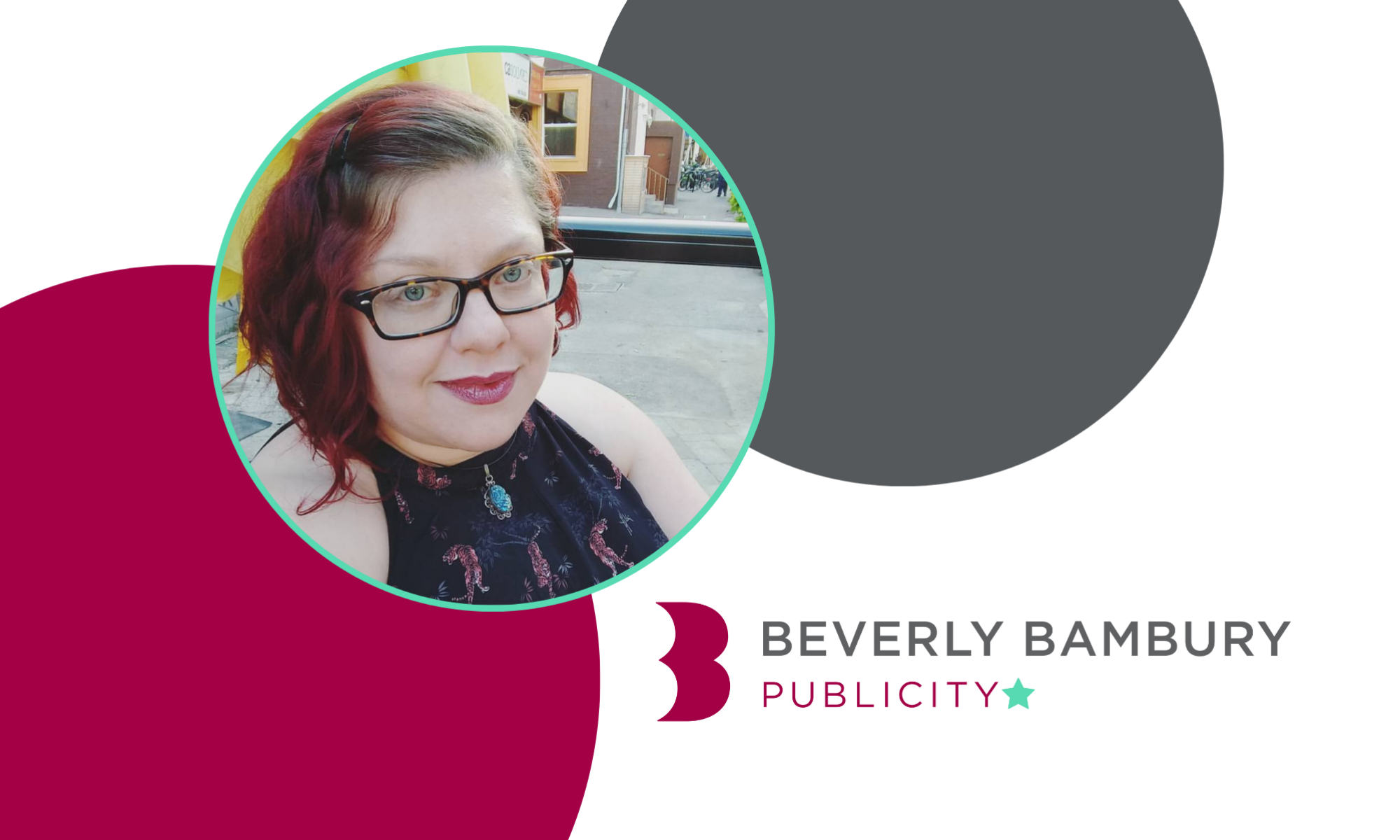It’s been interesting prepping for my upcoming self-promo webinar sessions. Over the last several years I’ve learned a lot about the different types of writing. Stuff I know both practically and from my education: sales writing, business writing, formal argumentation, Facebook posts, etc. So perhaps ironic would be a better way of describing my efforts instead of interesting; because I didn’t do a very good job getting this out the door.
What happened was that I wasn’t getting nearly the number of conversions into ticket sales that I would have expected based on the even’ts page views. A couple of days ago it hit me hard: I’d left the Eventbrite page the same text as my rambling blog post. I’ve fixed it up now, but for this first session it may be too little too late.
So that’s my big lesson–more information isn’t necessarily better when it comes to sales communication. I do like a nice, dense, informative blog post, (OK. I probably could use editing there, too,) but when you’re trying to interest someone, you have to be short, punchy, and get the benefits out there first thing. I didn’t do a good job at that.
In any case, learning from mistakes is a valuable part of getting better at anything, whether it’s running a business, the craft of writing, relationships, cooking… anything. So embrace the suck, as they say, and figure out what to do better next time.
So what has been your big lesson lately? What are you doing differently these days? If you care to share, how did you realize your mistake?

TLDR is such a problem that we've abbreviated it to save ourselves the trouble of actually typing it out. We are a short attention span society, but at the same time, such a complex society that we need a lot of information just to survive.
As a professor, I give people piles of information too large to comfortably digest for a living. Humor, pop culture references, and short paragraphs with spaces in-between–these three things increase the reading and retention rates when I really need my students to read something.
My students go on about how hilarious my instructions on how to do a lab report are. I nod my head and think to myself, "Yep, and since you actually read the instructions, grading 90 reports this weekend will be less likely to drive me to drink."
I agree, for the most part, BT. Shorter bits are the way we seem to do most of our communicating these days. Still, I think advertising and sales writing were always their own animal–an evolving animal, anyway.
(And I am glad you'll be less likely to be driven to drink over the reports. ;))
That's writing for you. I've learned over the last few months that people who ALREADY LIKE what you're posting won't read it if it's too long. I shut down Silent City temporarily to re-structure it based on what I've learned this last year (which has been quite a lot). While easy success is preferable, the only alternative is knowing when to say "This isn't working." and take a new approach.
Advertising and sales writing is definitely its own evolving creature with all kinds of tricksy adaptations. My own adaptation is mimicry — applying sales strategies to the problem of getting my students to RTFM.
I think the crossover is this:
As a long time professor, I know what students are doing right and wrong and what the likely outcome of their actions are because I've seen it over and over, but they won't listen to me if I don't present the information right.
As a long time book publicist, you know what writers are doing right and wrong and what the likely outcome … you see where I'm going with this.
And when I see I've missed an opportunity to connect, it kills me every time.
I should also note that in the world of writing and publicizing books, I am an incoming freshman, and I am applying lessons learned as a teacher to my role as student.
I'm really looking forward to the seminar on Thursday. I'm going to listen to every word you say — no pressure 😉
One lesson for me has been to better balance (learn to balance, really) what I think other people would be interested in on my blog, what I'm interested in (enough to write and enjoy writing) and why I'm doing it in the first place. I've had several iterations – like Jinx said, it's important to know when to say something isn't working and take a new approach.
Oh don't you worry. I am ready for you. 😉
I think it's a strong choice to take something down when you know it will be the best way in the long run. I can't wait to see what Silent City becomes!
Absolutely. I went with writing this today because I hadn't written in a while and it was what was on my mind. Sometimes I feel paralyzed by being unsure what to write about and worrying–likely too much–what I should write. Great comment. Thank you. 🙂
My solution to figuring out what to write is to carefully document what I'm doing and why. Of course, the downside is that I can get into a loop of infinite planning (or as my wife calls it "aim… aim… aim…")!